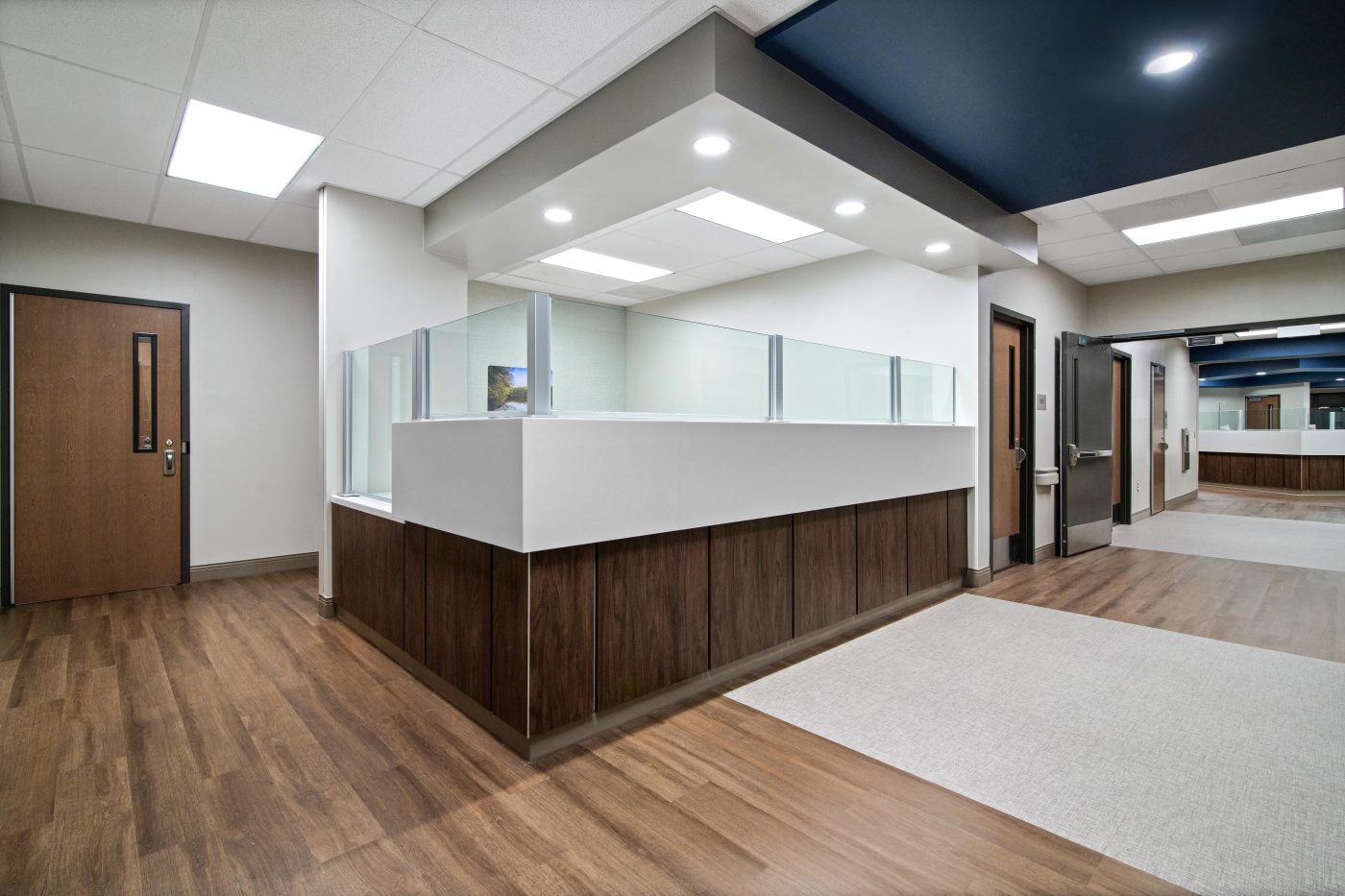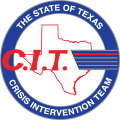Cross Creek Hospital Together With Ascension Seton helps children, adolescents, and adults who are struggling with depression through an unmatched quality of care and support. Located in Austin, TX, Cross Creek Hospital Together With Ascension Seton is the leading provider of depression treatment.
Understanding Depression
Learn about depression
When an individual experiences ongoing feelings of sadness, hopelessness, or helplessness to the degree that these feelings prevent a person from functioning in a healthy manner in several settings, it is likely that that individual is battling depression. A mental illness that has the capability of causing a great deal of destruction in a person’s life, depression often requires therapeutic intervention in order to alleviate symptoms. Substance abuse, social isolation, numerous health risks, and an increased likelihood for declining mental health are all possibilities when an individual does not receive appropriate and effective care.
Fortunately, there are several treatment options available that can improve the lives of those who suffer from depression. The implementation of healthy coping skills and tools for managing symptoms can help depression sufferers learn how to live a life free from the obstacles caused by a depressive disorder.
Statistics
Depression statistics
A commonly diagnosed mental health condition, depression is an illness that affects people of all ages. While it is more common among females, depression is believed to affect one in eight adolescents, one in seven adults, and one in fifteen senior adults over the age of sixty-five. Furthermore, research estimates that the average age of onset is 32, however, people both younger and older are known to display symptoms of this mental illness at varying levels of severity.
Causes and Risk Factors
Causes and risk factors for depression
Experts in the field of mental health believe depression symptoms develop because certain genetic, physical, and environmental influences are at work. In addition to other risk factors that can make an individual more susceptible to experiencing symptoms of depression, the following explanations elaborate on why and how a person develops a depressive disorder:
Genetic: Forty percent of those who meet diagnostic criteria for depression have a family history of this illness. This estimate was realized through extensive research that examined the heritability of depression and elicits the conclusion that the development of depressive disorders do, in fact, have a genetic influence.
Environmental: There are a number of environmental influences that can cause the onset of or exacerbate symptoms of depression. Experiencing adverse life experiences, such as the death of a loved one, academic failure, or losing one’s job, can cause depression symptoms to occur. Additionally, those who have a history of enduring abuse or those who have survived trauma are also likely to experience symptoms associated with a depressive disorder.
Risk Factors:
- Being female
- Family history of depression or other mental health condition
- Family or personal history of substance use and/or abuse
- Exposure to abuse, trauma, or chronic stress
- Experiencing unfavorable life events
- Low socioeconomic status
- Experiencing an abrupt and unexpected change in life
Signs and Symptoms
Signs and symptoms of depression
The telltale signs that a person is suffering from depression can vary. Depending on the individual’s age, the length of time depression symptoms have been present, and the causes for depression can potentially minimize or exacerbate symptoms of this mental illness. If you notice that you or a loved one is displaying the following behavioral, physical, cognitive, or psychosocial symptoms, it is imperative that mental health treatment be sought so that depression symptoms can be managed in a healthy manner:
Behavioral symptoms:
- Declined participation in activities that were once enjoyed
- Self-harming behaviors
- Inability to manage responsibilities
- Unwarranted outbursts
- Truancy from school
- Missing work
Physical symptoms:
- Lethargy
- Change in sleep patterns (e.g. insomnia or hypersomnia)
- Headaches or migraines
- Changes in appetite
- Weight gain or loss
- Muscle or joint pain
Cognitive symptoms:
- Difficulty forming and storing memories
- Hindered ability to think clearly
- Poor concentration
- Impaired decision-making abilities
- Temperament changes
Psychosocial symptoms:
- Overly critical of oneself and one’s abilities
- Guilty feelings
- Feeling helpless
- Increased irritability
- Feelings of hopelessness
- Intense sadness
Effects
Effects of depression
The symptoms of depression can be successfully managed when therapeutic interventions, such as psychotherapy and psychotropic medication(s), are implemented to alleviate symptoms. When treatment is not received for depression, it is likely that the sufferer will experience a number of effects and consequences as a result. The following effects are those that can be avoided if a person seeks and receives care for an existing depressive disorder:
- Increased conflict within interpersonal relationships
- Development of another mental health condition
- Development of a substance use disorder
- Compromised immune system
- Decline in academic performance
- Decreased occupational functioning
- Obesity
- Development of physical health concerns
- Poor impulse control
- Social withdrawal or isolation
- Self-harming behaviors
- Suicidal ideations
- Suicide attempts
Co-Occurring Disorders
Depression and co-occurring disorders
Individuals who struggle with depression are often battling symptoms synonymous with another mental illness. When this is the case, treatment is often required to address the distress caused by any co-occurring disorders that could be present at the same time as a depressive disorder. The listed disorders are those that can be diagnosed alongside depression:
- Attention-deficit/hyperactivity disorder
- Anxiety disorders
- Obsessive-compulsive disorder
- Dementia
- Anorexia nervosa
- Bulimia nervosa
- Borderline personality disorder
- Schizophrenia
- Substance use disorders

















